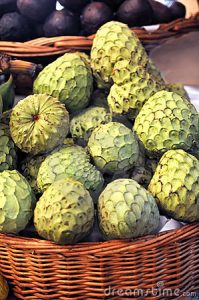Demand for olive oil has been globalising since the pandemic while production is suffering the negative impact of climate change, making it necessary to produce more and more sustainably, according to the International Olive Council (IOC).
World olive oil production has doubled since 1990, to three million tonnes annually, but the growth trend has been interrupted in the last two campaigns (since 2021), with two very low production levels in a row, which has happened for the first time and is a result of the impacts of climate change, according to data released today in Madrid by the IOC, an intergovernmental organisation established by the United Nations in 1959 comprising 46 countries, including the 27 of the European Union.
These 46 countries account for 94 percent of the origin of olive oil production in the world, with the majority being in the Mediterranean area, one of the most affected by climate change.
It was precisely because of the impact of drought and heat waves in this region that the last two olive oil production campaigns were historically low, while demand increased, and in several regions of the world, especially after the Covid-19 pandemic, which increased concerns associated with food, explained the IOC executive director, Jaime Lillo, who was speaking at the World Olive Oil Congress, organised by a platform of companies and entities in the sector.
Thus, in the last two years, there has been an “unprecedented escalation of prices” in olive oil, and the challenge now, and for the future, is “to produce more and in a sustainable way,” said Jaime Lillo.
The IOC director said it was necessary to diversify the origins of olive oil, with more production in other parts of the world beyond the Mediterranean, as well as to increase international cooperation in various areas, such as scientific research or the standardisation of classification and criteria for commercial purposes.
According to the information available on its website, the International Olive Council (which is based in Madrid) is “the only intergovernmental organisation in the world that brings together stakeholders in the production and consumption of both olive oil and olives,” which places it “in a unique position as an authorized forum for debate on issues of interest to the sector” of olive oil.
The first World Olive Oil Congress (OOWC) kicked off in Madrid and will be attended by around 60 speakers from 25 countries over the next three days, including government representatives.
The congress, according to the organisers, aims to become a “platform for the exchange of knowledge and to be an international reference” for the olive oil sector, bringing together producers, consumers, traders, or scientists, among other protagonists.
At the origin of the idea and the organisation of the congress is the Spanish company Agrifood, specialised in communication and marketing in the area of food, with the agency stressing that the first meeting is held in Madrid because Spain is the largest olive oil producer in the world.
The congress debates will focus on the challenges of climate change, olive oil promotion, and rising prices.
Samantha Gannon
info at madeira-weekly.com
Views: 7








